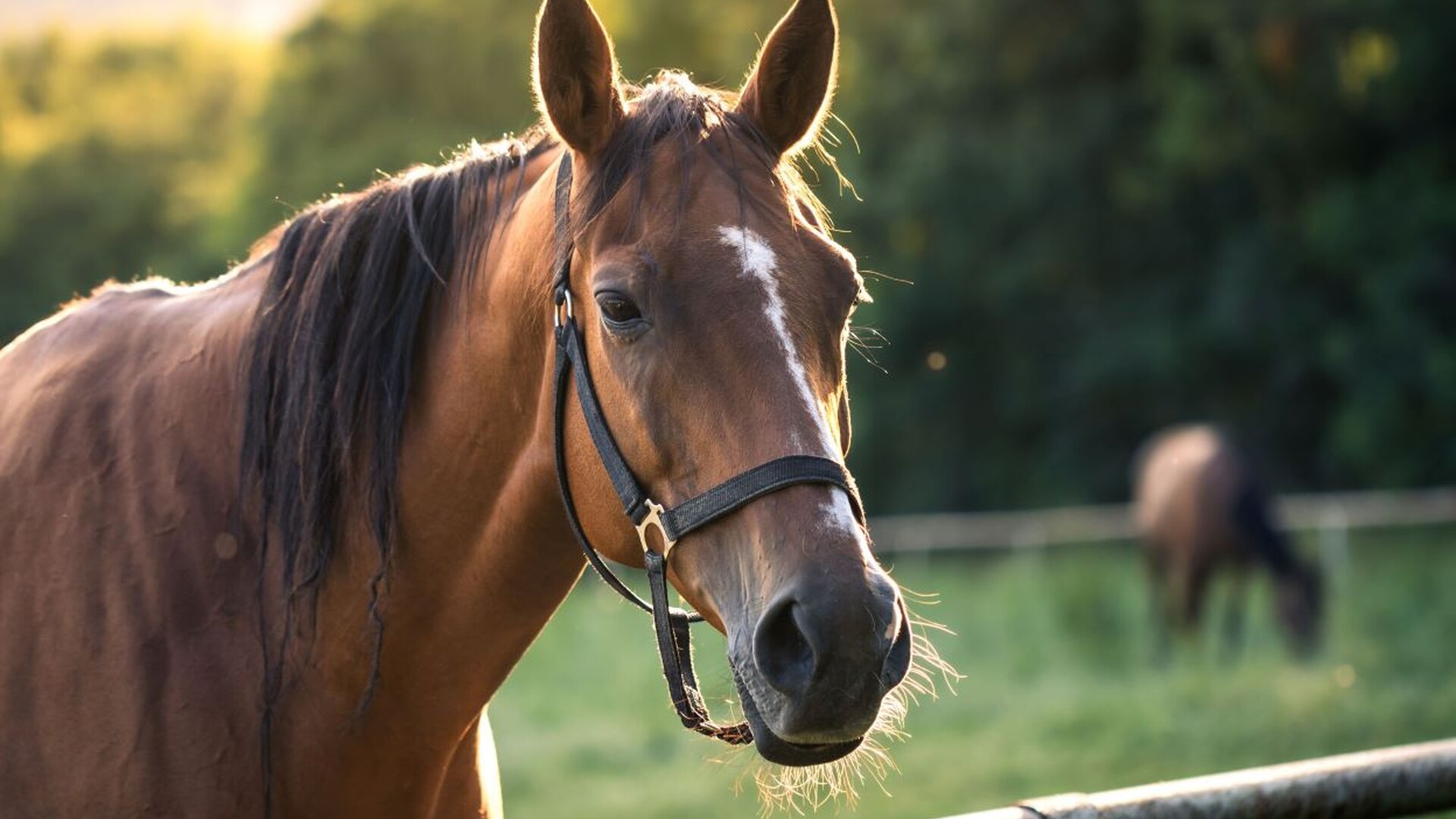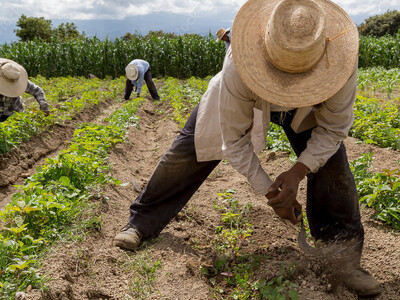Equine Osteoarthritus Research Could Help Humans

Lorrie Boyer
Reporter
“It's the most common disorder affecting joints in horses as well as in people and one of the most common disorders that we treat overall in horses. One of the most common reasons horses present to a veterinarian.”
Pezzanite is hoping to find markers of how osteoarthritis develops in horses by studying individual immune cells in joint fluid. Those markers may provide insights on how veterinarians can use gene therapies or other treatments at specific stages to slow the disease's progression. Typically, people and animals only show signs of osteoarthritis at advanced stages when they're experiencing joint pain. Pezzanite believes information in immune cells might expose the disease much earlier even before evidence appears on X-rays.
“ Our goal with this work is to look at those very early stages and horses that have post-traumatic arthritis so that we can determine that tipping point of when we should be intervening or not. And hopefully this will inform treatment in humans as well.”
She says people could benefit from this research if the immune markers can be translated across species. Physicians would have better information about when to intervene before full-blown osteoarthritis develops.
















